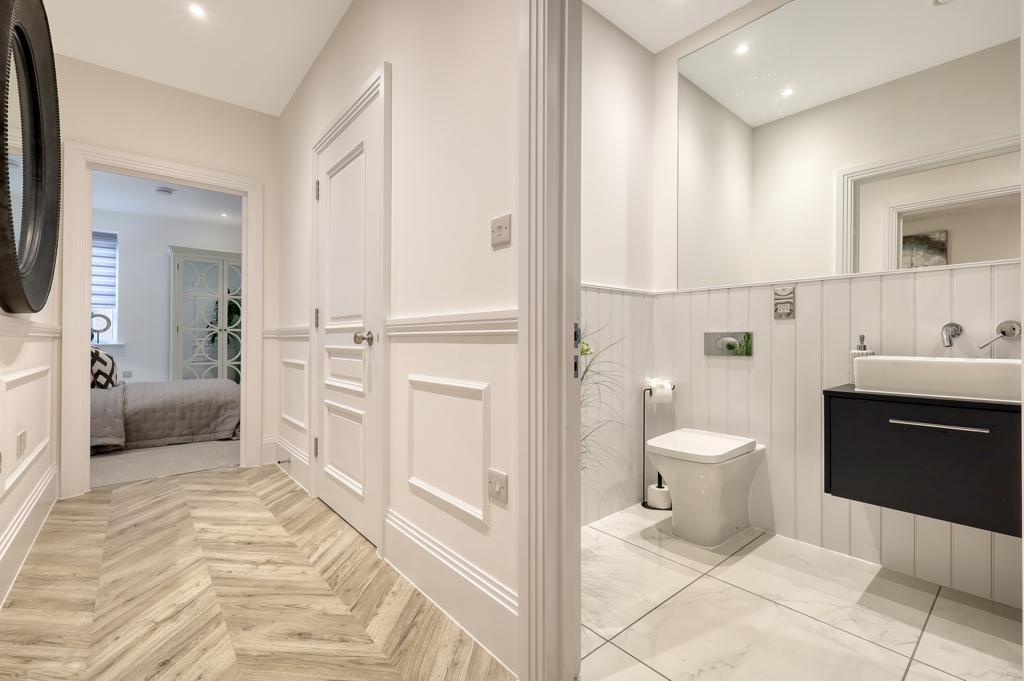PROPERTY VALUE
Get an accurate property valuation, with just a few details…
GET A VALUATION
PROPERTY VALUE
Get an accurate property valuation, with just a few details…
GET A VALUATION

When looking for a property to rent, it is important that you deal with a reputable letting agent. Beresfords were first established in 1968 and since then have helped over 100,000 tenants find suitable accommodation across Essex.
As a member firm of ARLA (Association of Residential Letting Agents), we are a regulated agent. Therefore, deposit monies you pay to us and any rent received are automatically protected. Unfortunately unregulated agents will offer you no such guarantees.
EMERGENCY
If an emergency maintenance issue arises outside of our normal office hours please call the telephone number shown against your relevant Property Manager.
Please be aware that our out of hours team only deal with matters considered urgent such as gas, water leaks or a loss of power.


MAINTENANCE
If you have an issue linked to maintenance of a property which you rent from Beresfords, you can report this here
Report here...Once tenants find a suitable property and wish to proceed with an application for a tenancy, we are keen to ensure that the process itself runs as smoothly as possible.
We will always be transparent in terms of any costs tenants will be responsible for during the application process for a tenancy and thereafter once they move into a property. Take a look at our simple six step process to becoming a tenant with Beresfords.
The Essex rental market is known for being highly competitive and fast-moving. Let us help you be the first to know about newly listed homes for rent, increasing your chances of securing the perfect rental property.
To help us find the property for you, have you considered what requirements you have? With Beresfords coverage we can assist you with a range of properties in different areas to suit your requirements and budget.
Viewings
Contact us to express your interest and we will arrange a convenient time for you to view the property, accommodating your schedule and guiding you through each room highlighting the key features and benefits.
Making an offer
After deciding it’s the property for you, inform us of your intention to make an offer. Working closely with us as your agent, you can make a confident and informed offer on your desired home.
Offer agreed
Upon acceptance of your offer, we will complete comprehensive referencing and right to rent checks confirming your credit history, identity, income status and residency status.
Collect your keys!
Once references are passed and prior to move in, you will complete all necessary paperwork digitally and make your first payment and collect your keys!
Hear what some of our customers have to say...

Ighere Oghenetega, 29 April 2024

Kristan Harding, 26 April 2024

Darren, 2 May 2024
When renting a property in the UK, it is likely that you will have plenty of questions. As experienced Letting Agents, we are here to help. To get you started, we have put together a list of our FAQs, but do not hesitate to get in touch with further questions about renting.
What is referencing?
How does referencing work?
What does referencing include:
Why do I need to be referenced?
Who pays for tenant referencing?
What are credit checks?
How long does a credit check take to come back?
Will I need tenant's content insurance?
What documents do I need to rent a property?
What fees should I expect to pay when renting in England?
What can a landlord claim from the security deposit?
How much can a landlord charge for cleaning?
What is fair wear and tear?
What are the landlord’s responsibilities?
What are the tenant’s responsibilities?
What is deposit protection?
Where can I ask more questions?